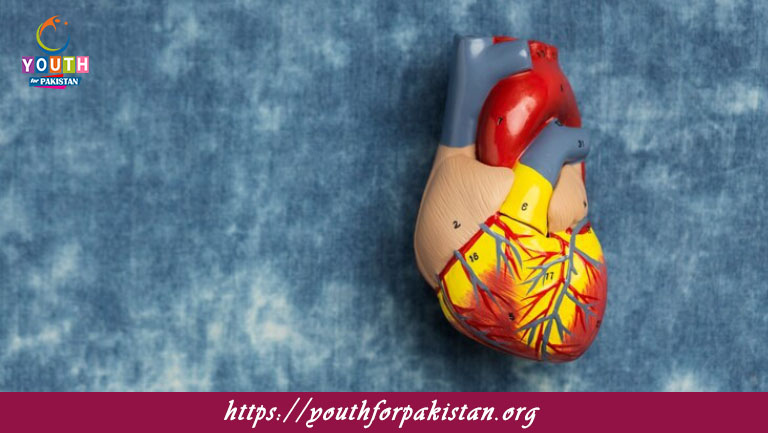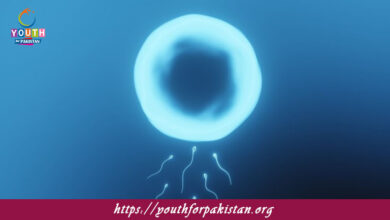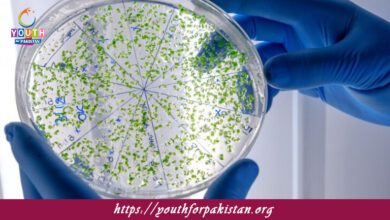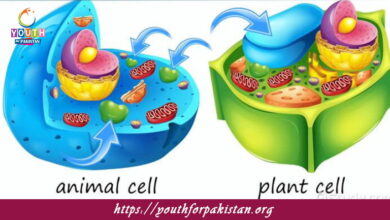Cardiac Muscles MDCAT Quiz with Answers

Cardiac Muscles MDCAT Quiz: Cardiac muscle is a specialized muscular tissue that is exclusively found in the heart. Cardiac muscles are responsible for the circulation of blood throughout the body, carrying oxygen and nutrients to the tissues and organs. It is an involuntary muscle; hence, it contracts without conscious control. In MDCAT, the structure and functioning of cardiac muscles should be well understood as this forms an integral part of the circulatory system. The MDCAT Quiz on cardiac muscles will test your knowledge in the structure, functioning, and physiological characteristics of cardiac muscles.
Structure and Characteristics of Cardiac Muscles
Cardiac muscle tissue resembles, in some aspects, skeletal muscle; it is striated, that is, it presents a striped appearance. Nevertheless, cardiac muscle fibers are shorter, branched, and interconnected by special junctions known as intercalated discs. These allow electrical signals to pass rapidly between muscle cells, enabling synchronized contractions. The cardiac muscle is involuntary, that is, it is under the control of the autonomic nervous system and not subject to conscious control. The MDCAT Quiz will test your knowledge of cardiac muscle fiber structure and the role of intercalated discs in integrating heartbeats.
Function of Cardiac Muscles
The most important function of cardiac muscle is that it contracts rhythmically and pumps blood throughout the body. Cardiac muscle fibers can undergo continuous, rhythmic contractions necessary for maintaining the heartbeat. This is achieved through electrical impulses produced by the sinoatrial, or SA, node—what is regarded as the natural pacemaker of the heart. These impulses lead to the contraction of the cardiac muscle fibers, which enables the heart to pump blood effectively. The MDCAT Quiz will focus on the physiological role of cardiac muscles in relation to how electrical impulses from the SA node control the contraction of the heart muscle.
Quiz on Cardiac Muscles
An MDCAT Quiz on cardiac muscles tests your understanding of its unique structure, function, and the mechanisms that regulate heart beats. You will be quizzed on such topics as the differences between cardiac muscle and other muscle types, the role of intercalated discs, and how the electrical conduction system of the heart regulates the contraction of cardiac muscle. Besides, with the help of Free Flashcards, you will reinforce the main facts on cardiac muscle physiology and feel well-prepared for your MDCAT exam.

The cardiac muscle’s ability to contract without external stimulation is called ________.
Automaticity

The ________ is a protein in cardiac muscle cells that binds to calcium to initiate contraction.
Troponin

The ________ is a unique feature of cardiac muscle that allows it to contract rhythmically without fatigue.
Continuous blood supply

The ________ in cardiac muscle fibers helps in the rapid transmission of action potentials.
Intercalated discs

The action potential in cardiac muscle lasts longer than in skeletal muscle due to the ________.
Plateau phase

The ________ is responsible for carrying the electrical impulse from the atria to the ventricles.
Atrioventricular node

The ________ is a special feature of cardiac muscle that prevents tetanic contraction.
Long refractory period

________ is an enzyme that is found in cardiac muscle and helps break down ATP during muscle contraction.
ATPase

The ________ ensures that the contraction of cardiac muscle is synchronized across the entire heart.
Conductive system
Experience the real exam environment with our expertly designed collection of over 25,000 MCQs MDCAT Mock Tests.





